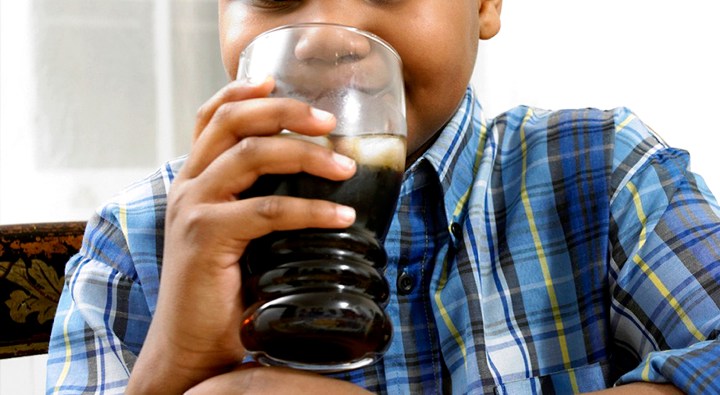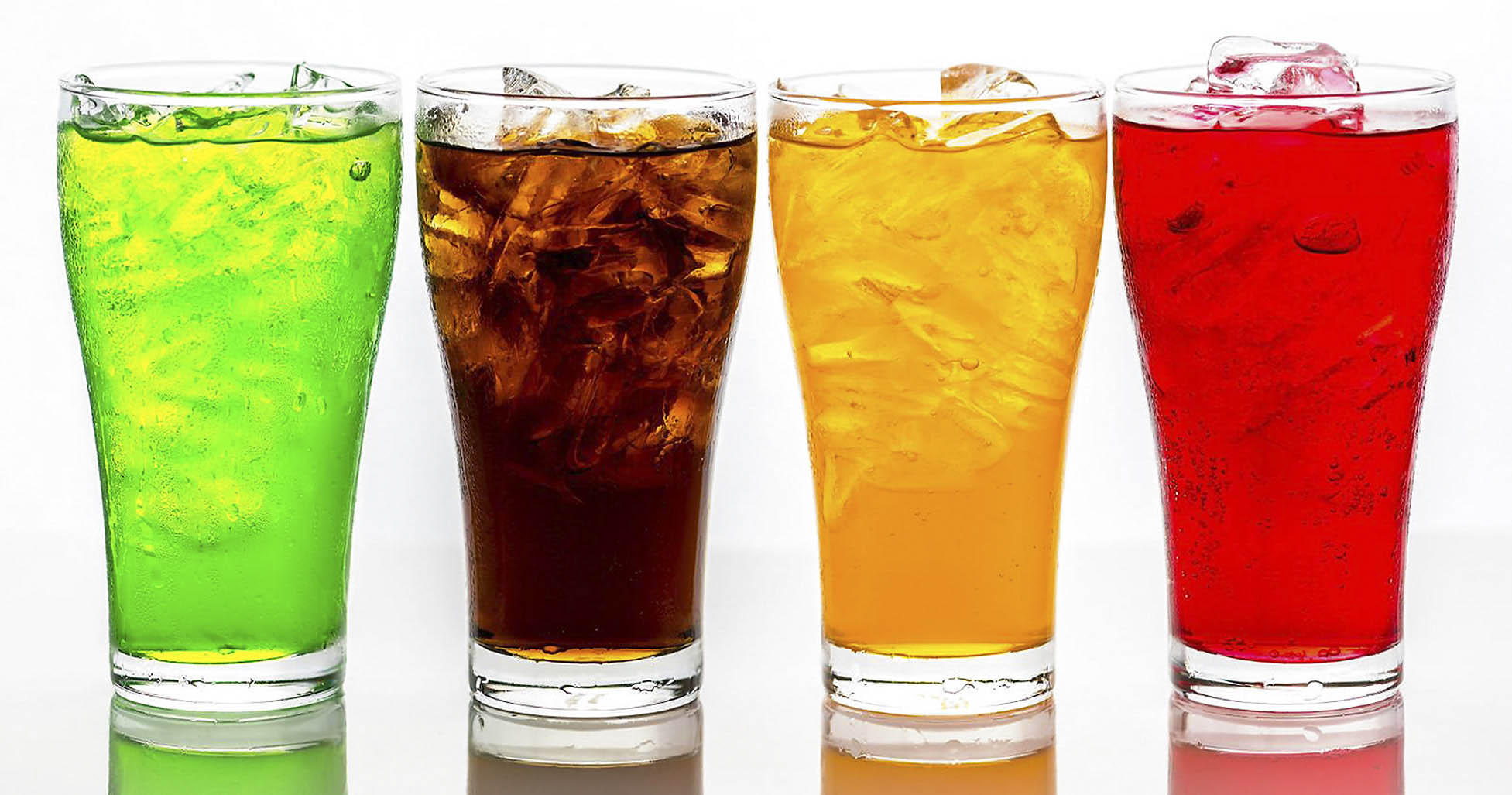
REVENUE SWEETENER OP-ED
An increase in the sugar tax will boost SA’s ailing economy

The World Health Organization reports that nations with sugar-sweetened beverage tariffs have experienced significant benefits not only in public health strategy but also in their economies.
The government, through the National Department of Health, implemented the Health Promotion Levy (HPL) on sugary beverages in April 2018 as part of an effort to lessen the prevalence of diabetes, obesity and other related non-communicable diseases in South Africa.
Since then, the South African Revenue Service (SARS) has administered and collected a sugar tax as part of a levy on harmful consumer products such as sodas, energy drinks and other beverages.
According to SARS, the sugar tax levy rate in South Africa is now set at 2.1c per gram of sugar content that surpasses four grams per 100ml, with the first four grams per 100ml being levy-free. This accounts for a sugar-sweetened beverage tax of just 11%, although the World Health Organization and other international authorities recommend a 20% HPL. Essentially, if South Africa wants to see a greater impact from the fee, the rate must be increased.
The discussion over raising the sugar tax to 20% is not new. In 2016, the Department of Health set a goal of reducing the number of obese or overweight people by 10% by 2020 with a 20% rise in the HPL. This was met with opposition from beverage manufacturers and various sectors of society.
The issue has subsequently been revived because of the government’s recently published Draft Rates and Monetary Amounts and Amendment of Revenue Laws Bill, which includes an increase in the HPL and is set to take effect on 1 April 2025.
Read more in Daily Maverick: Putting sugar tax on hold shows disregard for health of citizens – healthy-living activists
Despite mounting evidence that excess sugar consumption is a major cause of obesity and increases the risk of type 2 diabetes, hypertension and cardiovascular disease, institutions such as the SA Canegrowers Association maintain that increasing sugar taxes is not the best way to encourage those responsible to reconsider the dangers their products pose.
‘Deep concern’
The South African Canegrowers Association expressed “deep concern” about this development in August 2023, citing an “uncertain future faced by South Africa’s sugarcane growers”, as well as an increase in input costs exacerbated by load shedding and the implications of a potentially drier, hotter summer in the coming months.
The added claim that raising the sugar tax will result in job losses is scaremongering. Evidence suggests that, following the levy’s implementation in 2018, it has incentivised certain beverage makers to reformulate their products to contain less sugar, although there has been little evidence of resultant employment losses.
In fact, a Priceless (South African Medical Research Council Centre for Health Economics and Decision Science) analysis of data from the South African Quarterly Labour Force Survey from January 2008 to June 2019 reveals that the sugar tax levy in the form of the HPL has not affected jobs or resulted in any discernible reductions in employment, even in sectors most likely to be affected by the HPL, such as beverage manufacturing, food and beverage retail, and food services.
Research on the price impact of the HPL indicated that prices grew proportionally with the tax for taxed beverages but did not alter for non-taxable beverages and/or decreased usage.

The South African Revenue Service has administered and collected a sugar tax as part of a levy on harmful consumer products such as soda, energy drinks, and other beverages. (Photo: sustainweb.org / Wikipedia)
Some critics’ “concerns” about HPL stem from recent cost-cutting measures announced by the Treasury for the fiscal year 2023/2024 amid discussions that the Treasury has proposed to increase value-added tax (VAT) by 1%-2% to generate an additional R24.5-billion to R49.4-billion to fund and sustain social grants.
The much-discussed VAT hike was reportedly one of several proposals put forward by Finance Minister Enoch Godongwana at a high-level meeting with President Cyril Ramaphosa and other government officials as they scramble for solutions to the country’s economic woes.
The news that there would be no VAT increase – for now – comes as a relief for South Africans already battered by hikes in food, electricity, fuel and the general cost of living.
However, the government must continue to weigh the benefits of increasing the HPL and other levies. The World Health Organization (WHO) reports that nations with sugar-sweetened beverage (SSB) tariffs have experienced significant benefits not only in their public health strategy, but also in their economies.
Furthermore, the projected 20% hike could aid the overstressed SA Treasury by accounting for inflation, guaranteeing that the tax rate is not jeopardised further.
Read more in Daily Maverick: Taking a spoon to a knife fight – is South Africa ready for rising obesity rates?
According to modelling studies conducted with our partners in 2014, a 20% SSB tax would result in an estimated decrease of 30kJ per person per day, providing no other behavioural or dietary changes are observed.
Another modelling study, from 2016, discovered that a 20% tax increase may save the government and South African families considerable healthcare expenditure by averting an estimated 72,000 premature deaths while saving the country R5-billion in healthcare costs over 20 years.
Before the passage of the HPL, SSB sales in South Africa were growing by more than 3% per year and South Africans were among the top 10 consumers of soft drinks in the world.
Given that liquid forms of sugars, such as those found in SSBs, are especially harmful to the body because their sugar content is absorbed more quickly than solid products, increasing the HPL on such products will yield better results, as evidence has shown that manufacturers can reduce the sugary content of these products and still remain in the market.
Our government can assist in relieving the economic stress that most South Africans are experiencing as a result of three years of repo rate hikes and petrol and food price increases. All that is required is the desire to do so. DM
Nzama Mbalati is the programmes manager at Heala.




















 Become an Insider
Become an Insider
We can’t drink ourselves thinner on low sugar drinks. Fat people must simply eat and drink less and exercise more. if you burn more calories than you take in, you lose weight – unless you have reinvented the laws of physics.
Please explain how the Author got to “beverage tax of just 11%”? As the tax is based on grams per 100ml, and does not factor in the cost of said beverage , how do you get to a percent value?